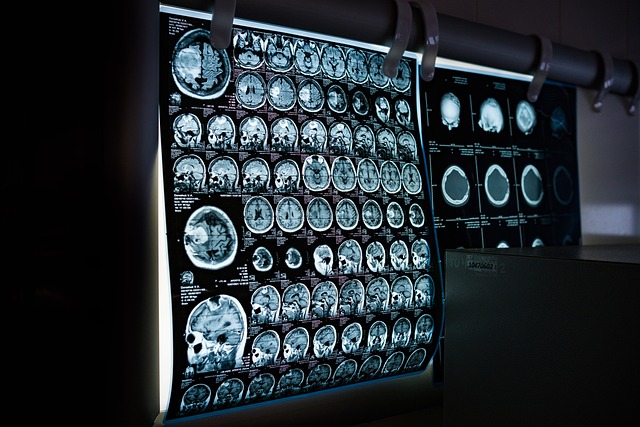The use of artificial intelligence has become predominantly influential in multiple domains, including the medical field. Researchers are employing machine learning to create tools that can identify tumors or lesions automatically. Further, it offers the right help to clinicians to diagnose and treat patients more accurately. Also, it has become easy to forecast effective treatment outcomes based on patient characteristics backed by a proper plan of treatment. AI analyzes medical data to discover disease-specific symptoms and predict diagnosis. Customized treatments are now a thing! AI can now detect cancer. This article explores how AI has enhanced medical care by aiding the prediction and treatment of cancer.
AI Cancer Detection Advancements
Artificial intelligence is reshaping oncology by improving initial-stage cancer diagnosis and medication development. AI can now identify tumor origins from medical imaging and enhance treatment results. It helps with cancer risk prediction, medication research, and medical diagnostics.
Benefits
An AI model has been built by researchers that can correctly diagnose cancer. It may facilitate speedier diagnosis and treatment. The particular can detect dangerous, unusual growths through CT images. Developed by specialists from the Institute of Cancer Research and the Imperial College in London, along with the Royal Marsden NHS Foundation Trust, AI can now identify malignant big lung nodules. This also helps physicians make proper decisions regarding medium-risk patients more quickly. The AI technology seeks to improve CT scan analysis, accelerate cancer detection, and speed up therapy.
AI can now detect cancer, which benefits patients receiving therapy. Penn Medicine created Penny, an AI chatbot that conversed via text with patients. This helps them navigate the complexity of cancer treatment plans and lowers the possibility of errors. The technology correctly understood more than 90% of the messages, and 70% of individuals took their medications as prescribed.

Drawbacks
Although AI can now detect cancer and is transforming the medical field, it has its own set of drawbacks. In terms of skin cancer detection, it is still quite prejudiced. Studies have indicated that AI-based skin cancer risk diagnosis methods are less accurate. This especially happens in the case of individuals with darker skin tones.
Dr. Adewole Adamson from the University of Texas has put forward an argument that there is no adequate medical documentation of skin types and disorders. Completely trained algorithms may not accurately diagnose skin diseases. Biased data with insufficient instances of cancer or other skin indications can result in the wrong diagnosis.
Sometimes, any skin anomaly may be automatically interpreted as an indication of the disease. Adamson is working to enhance the accuracy of AI algorithms by acquiring a wider range of data sets. It is for skin cancer diagnosis.
Additionally, Adamson stresses the significance of equality while developing dermatological algorithms. There are challenges in detecting cancer at an early stage. It is hard to distinguish between malignancies that are likely to spread, metastasize, and kill their victims and those that are not.
Adamson’s criticisms do not negate AI’s value as a tool. Instead, they highlight important issues that need to be researched before the technology’s wide application. While AI can now detect cancer, it still has a long way to go to reach a near-perfect state.
AI Detecting Pancreatic Cancer
For precise and early pancreatic cancer detection, the National Taiwan University Hospital (NTUH) has created an AI deep-learning system. It evaluates computed tomography images. Before 2030, pancreatic cancer is expected to surpass all other cancer-related deaths in the United States. In Taiwan, pancreatic cancer accounted for the eighth-highest number of cancer-related deaths in 2022.
The algorithm can assist in the detection of tiny pancreatic tumors and differentiate between cancerous and non-cancerous tissue. Thousands of case photos were used to train the AI system, and national clinical data was used to assess it. Almost 80% of pancreatic tumors 2 cm or less were found, and picture interpretation occurred within minutes.
The FDA granted the AI-assisted diagnostic system a medical device license and many patients in Taiwan and the US. The pancreatic cancer team at the hospital also uses endoscopic ultrasonography to identify the presence of pancreatic tumors. This helps to locate and measure them precisely.
With the evolution and growth in technology, AI can now detect cancer and, in the future, may bring about unimaginable changes to healthcare. As of the current stage, leaving decision-making solely on AI can be tricky. Instead, doctors can use AI as their practicing assistant. It will help experts decide what action to take in the given situation and mitigate the emergency level.



